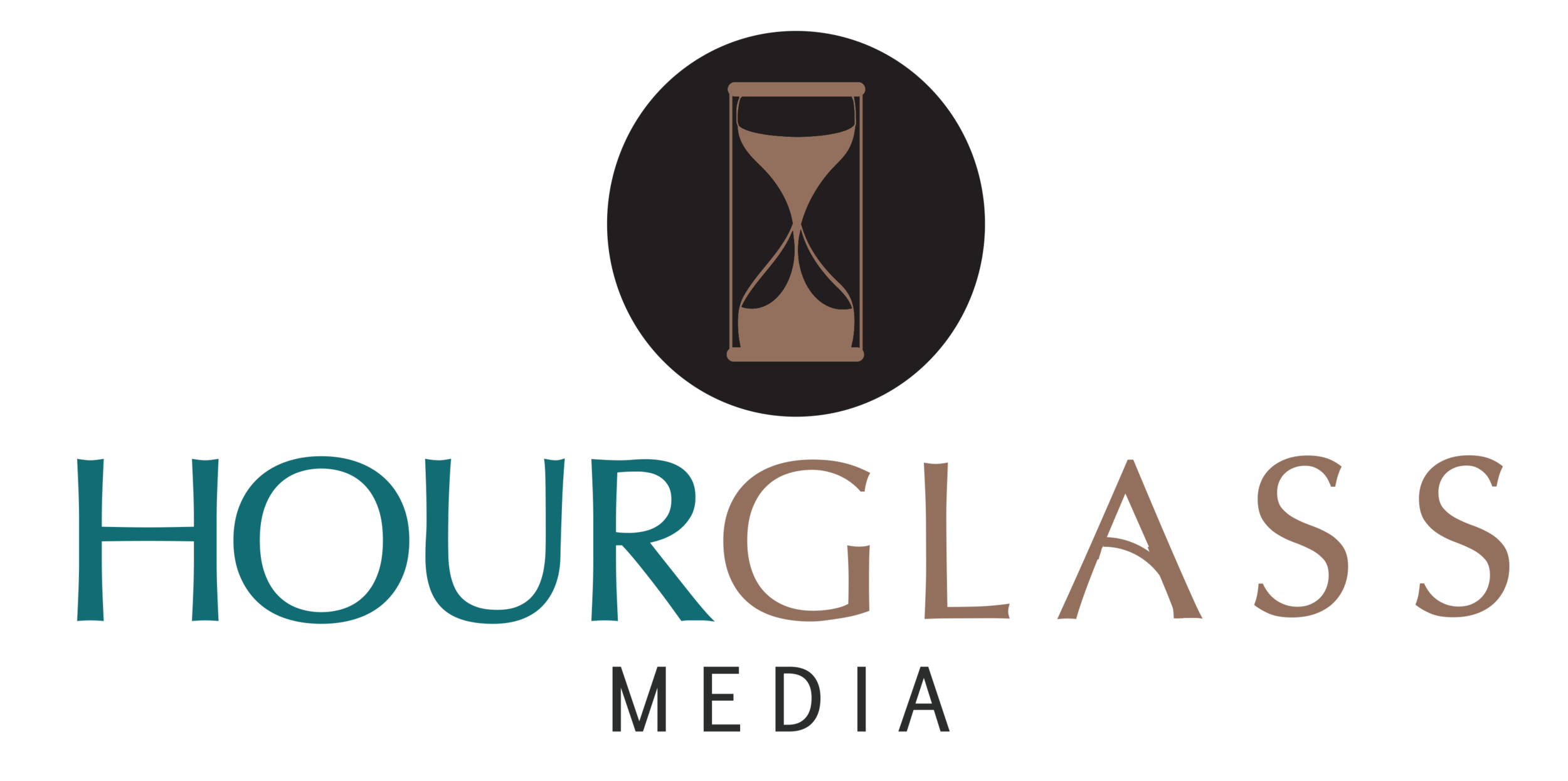Three #NaNoWriMo Tips To Help You With Major Writing Projects
⌛ By Kaylin R. Staten ⌛
Happy National Novel Writing Month, my dear storyteller friends!
You could be in the midst of writing your novel this November, or you may not want to write a novel at all. For example, I am writing a collection of mental health and just general life essays.
Whether you are tackling your word count on a daily basis, or you aren’t sure where to start, I want to give you some practical tips to reach that coveted 50,000 word count. Even if you aren’t writing a novel this month, you can still use these tips when you have a large writing project. Most of us will have those in our communications fields, from annual report content and a string of blog posts to case study recaps and tailored sponsorship letters.
This are versatile tips that will serve you well with any writing project!
Plan ahead.
Have some type of plan before you start your major writing project. If you’re all-in on completely your novel by Nov. 30, then you’ll want to have a fluid plan to make that goal a reality. www.nanowrimo.org makes it easy to keep track of your progress, from your daily word count and favorite timeframe in which to write to projected project end dates and resources to help bolster your efforts. I have wanted to write a mental health essays book for at least a year, but I knew I couldn’t make time for it until #NaNoWriMo. So, I wrote a loose outline and have been tweaking that as I go along. An idea, the will to write and a simple outline is all you need in order to get started.
Also, realize that #NaNoWriMo doesn’t work for everyone. It boosts my productivity to finally finish writing projects that I am nervous to release. The creative writing process is different for everyone, so you can always take more than one month to craft your magnum opus.
Give yourself uninterrupted time to focus.
This is becoming increasingly difficult as more and more tasks are emptied onto our professional and personal plates. If you want to write a novel or have any writing project in mind, YOU HAVE TO MAKE TIME FOR IT. (Yes, that is important enough to type out in all caps.) You cannot reach your goals if you do everything but sit down to write. Eliminate as many distractions as you can. As someone who works primarily from my home office, this can be incredibly challenging. I adore writing, but there are times in which I want to do everything but write 1,700 words to meet my daily quota. (Right now, I want to play “The Outer Worlds” video game, tbh.)
So, close the 27 tabs on your Internet browser, place your phone somewhere where you can’t be tempted to look at it every minute (or put it on airplane mode), and set an away message for your inbox if needed. Take an hour or two and just write. If you can’t find uninterrupted time to write, then write from anywhere. I honestly wrote the beginning of one of my essays while waiting for my number to be called at the DMV.
Realize that most of your work won’t be perfect in the rough draft.
If you’re looking for a perfect draft, then you don’t have the most realistic of expectations. I know all about this — I STILL haven’t released the novel I wrote during #NaNoWriMo in 2017. I’ve been holding on to a lot of this novel since my college days, and for some reason, I have trouble letting it go into the public sphere. (Guys, I’m a perfectionist who finds it scary and overwhelming to let people into my creative inner world. I like to keep some of my stories out of harm’s way, naturally.) The most important thing to remember is just to take action. You can always rewrite portions of your work in a later draft. You can cut out what doesn’t flow or make sense to the narrative. That applies to your other writings as well. Just write without editing at the same time. You will save so much time, trust me!
I also like to leave enough time in between the writing and editing process so I can look at my works with fresh eyes. Sometimes, I’m like, “That is the best thing I’ve ever written,” but at other points, I lament, “That is terrible, and I can’t believe I wrote that.” If it’s something without a strict deadline, I like to leave at least a month in between. If it’s a shorter term writing project, you may not have that luxury. Work with what you have.
Kaylin R. Staten, APR, is an award-winning public relations practitioner and writer based in Huntington, WV with nearly 16 years of professional communications experience. As CEO and founder of Hourglass Media, she uses her compassionate spirit and expertise to delve into the heart of clients’ stories. She is a recovering perfectionist, mental health advocate, wife, cat mom and Leia Organa aficionado. Connect with Kaylin on LinkedIn.


